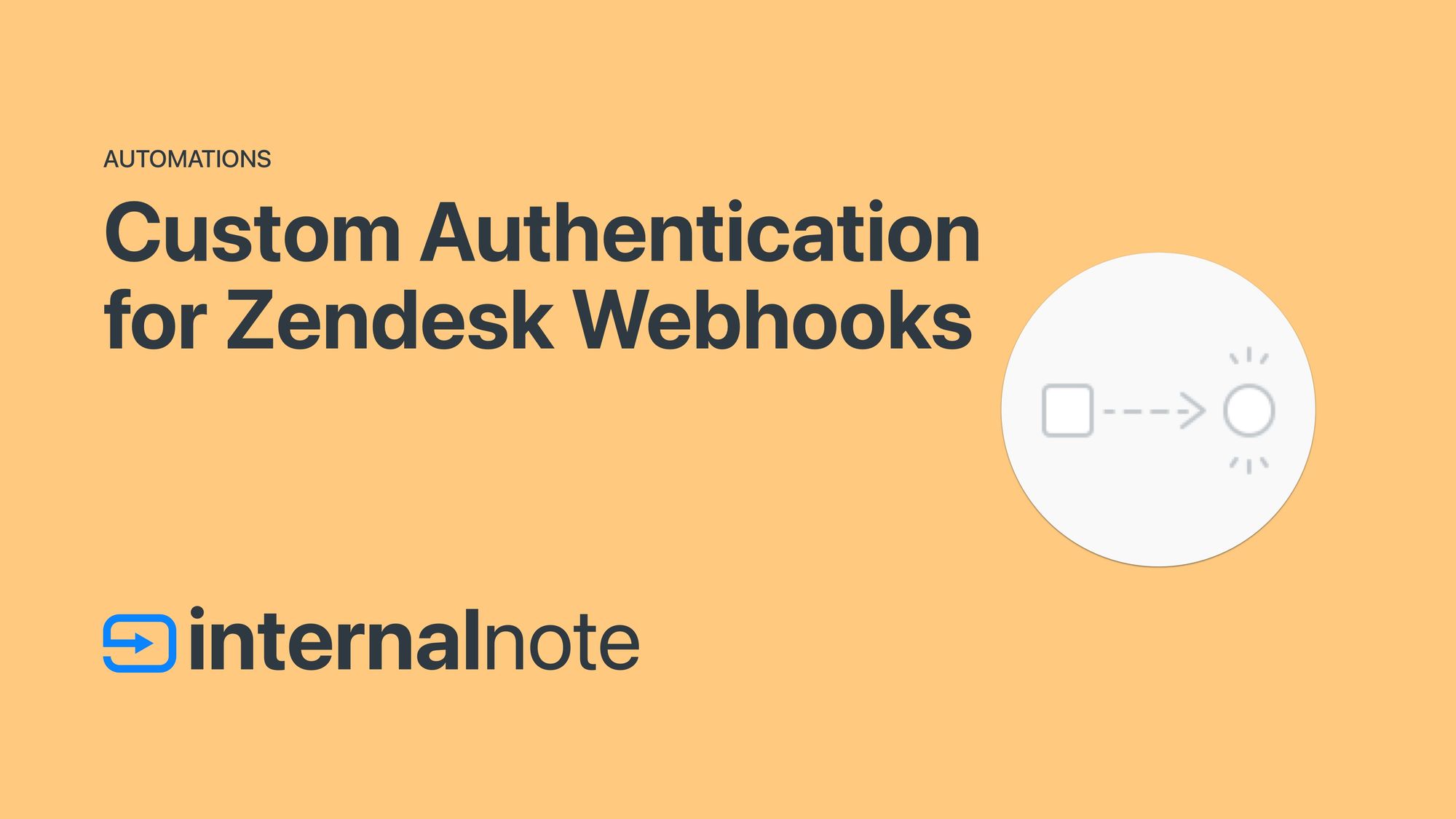
Shortcomings of Zendesk Webhooks
Zendesk fixed all issues mentioned in this article. See the Announcement or read the article below.

For a long time Zendesk had the Targets feature to notify external API endpoints of changes within Zendesk. Last year, they moved those Targets over to more common HTTP Webhooks supporting POST,GET,DELETE and PUT together with a Basic Auth or Bearer Auth header.
However, more and more while developing integrations I run into limits of this feature.
Two examples






